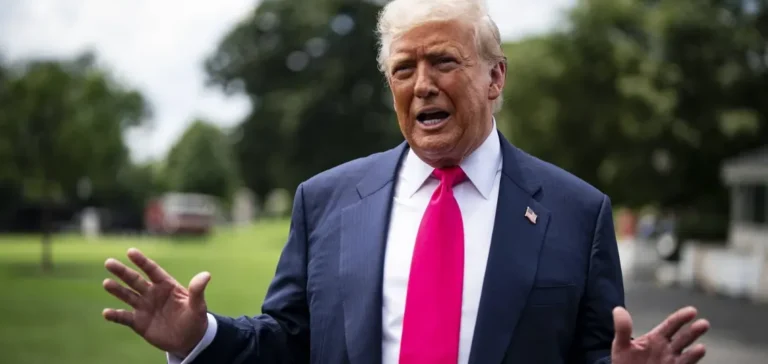Leading executives in the technology and energy sectors have announced significant investments at the first Energy and Innovation Summit in Pittsburgh. These announcements come as the rapid development of artificial intelligence (AI) in the United States requires a substantial increase in electricity production and distribution capacity.
AI growth reshapes energy needs
According to information shared by the organisers, a total of USD92bn will be dedicated to the construction of data centres and energy production projects. Data centres will receive USD36bn, while USD56bn will be allocated to new production sites. Federal estimates indicate that by 2028, electricity consumption from the AI sector in the United States will reach that of five million households.
Google, a subsidiary of Alphabet, plans to invest USD25bn over two years in data centres and AI infrastructure, as well as USD3bn in the modernisation of hydroelectric power plants in Pennsylvania. Blackstone, the American asset management company, also announced a commitment of USD25bn for the development of data centres and new infrastructure.
Political stakes and international competition
These announcements are set against the backdrop of increasing technological rivalry with China. US President Donald Trump reaffirmed at the summit his ambition to make the United States the leading global player in artificial intelligence. According to his statements, the project named “Stargate”, launched in January, aims for up to USD500bn in public and private investment in AI infrastructure.
SoftBank, the Japanese technology investment group, along with US-based companies OpenAI and Oracle, have pledged to invest USD100bn in the first phase of the Stargate project. Political interventions, notably those of Senator David McCormick, highlight the importance of these investments for regional economies and national competitiveness.
Regulation and sector developments
Since taking office, Donald Trump has revised several regulations introduced under the previous administration concerning the export of advanced technologies and the development of AI algorithms. A new regulatory framework for artificial intelligence is expected to be presented during July.
Ruth Porat, Chief Investment Officer of Google and Alphabet, confirmed in remarks reported by Connaissance des Énergies on 16 July, the group’s support for President Trump’s call for new investment in energy and innovation. Analyst Dan Ives of Wedbush estimates that nearly 15% of IT budgets are now oriented towards AI, underlining the lasting impact of these decisions on national energy policy.






















